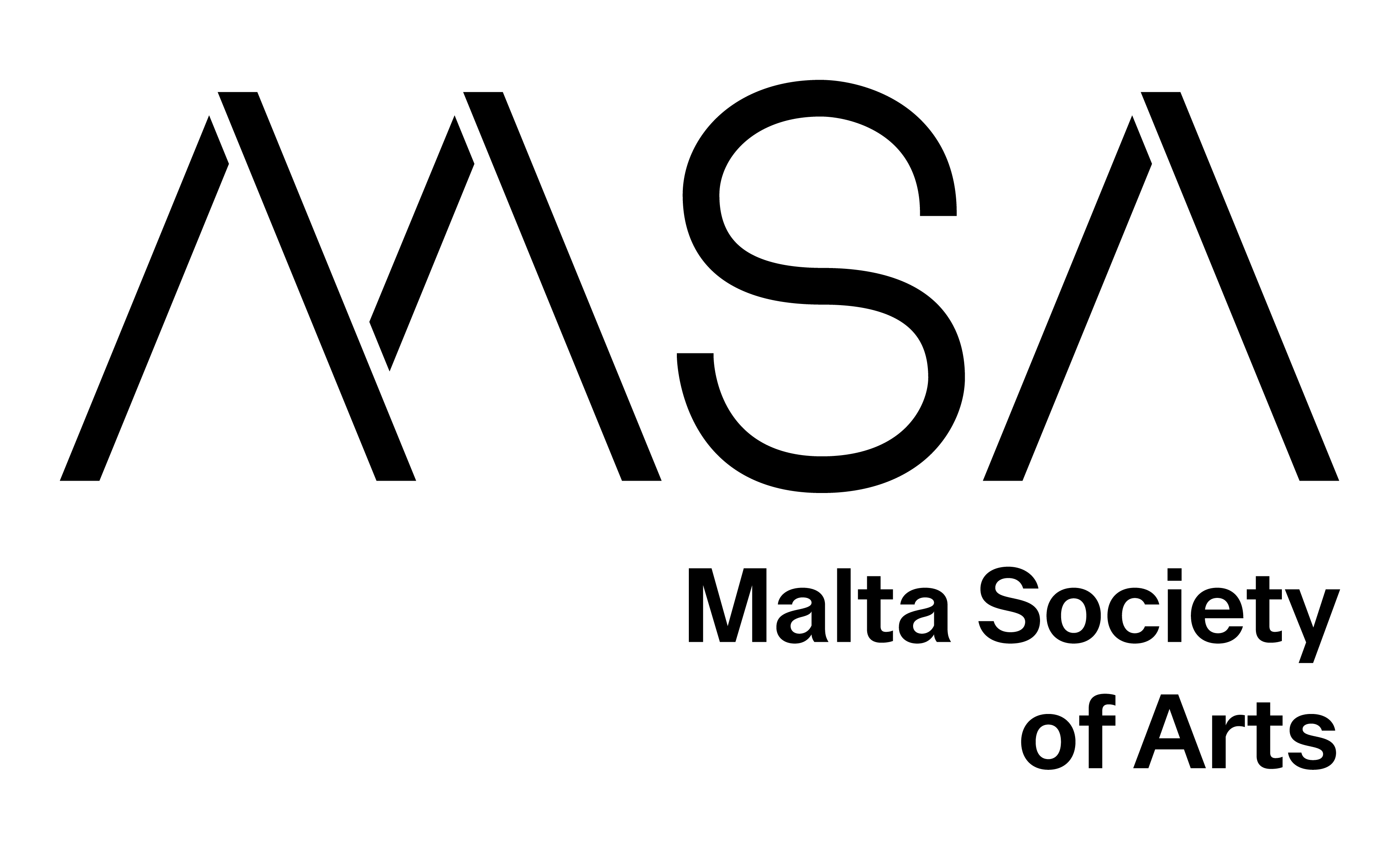Despite having long been considered an evolutionary residue, olfactory system and sensory politics that control it are powerful. Based on smell’s role in the subjugation of slaves and concomitant colonial bio-political hegemony, this paper investigates aesthetic and artistic practices as a means of reclaiming olfactory role in neurological and social processes, and questioning structures of olfactory abuse caused by polluted environments. Drawing upon Andrew Kettler’s The Smell of Slavery, Anne Sophie Barwich’s Smellosophy, and Hsuan L. Hsu’s The Smell of Risk, our paper contemplates ways in which smell perception mediates experiences of gender, ethnicity, social-labour status, and surveillance capitalism. In particular, we will discuss artworks that challenge taboos of smell in varied cultural contexts and draw from other works to investigate how smells may be deployed to serve surveillance capitalism as in the case of biometric control.
Participants are: art curator and researcher Elena Giulia Abbiatici (IT), currently she is a researcher at Politecnico of Milano (mail: elena.abbiatici@gmail.com); and artist and researcher Lauryn Mannigel (DE), currently a Ph.D. student, Media Arts & Sciences at Arizona State University (mail: write@laurynmannigel.me)
This artist’s talk will be hybrid with at least one speaker attending in person.
is an art historian and curator of contemporary art. Her research focuses in particular on artistic processes that interrogate new media, with a focus on the anthropological implications that techno-capitalism, migratory phenomena and environmental alterations are having on individual and collective identities.
She has developed projects at numerous contemporary art events, including: I and II edition Something Else - Off Biennale Cairo, 56th and 57th Venice Art Biennale, 15th Venice International Architecture Biennale, 15th Istanbul Biennale.
Her latest project ‘THE ETERNAL BODY. The human senses as a laboratory of power between climate crisis and transhumanism', represents an investigation of the scientific and cultural categories of olfactory pollution and noise pollution. Conducted thanks to the ITALIAN COUNCIL award, it was presented at L’Orientale University of Naples; Tor Vergata University of Rome; Giudecca Art District, Venice; Pitti Fragrance, Firenze and Palazzo delle Esposizioni, Roma. She is about to start teaching at a Master in "Olfactory Design" at Politecnico of Milano.
Lauryn Mannigel (*1983) is an artist-researcher living and working in Tempe, USA, and Berlin, Germany. Driven by a diverse set of manifestations exploring and critiquing social and cultural inequalities, she produces experimental new media works that have relational and performative qualities. Her current work series The Aesthetic and Political Potential of Body Scents aims to contribute to diversifying, democratizing and decolonizing perception and knowledge production of the way we think about, embody and express, or communicate our experience of another person’s scent. Mannigel has exhibited at Mediamatic (The Netherlands, 2016), Kunsthalle Kiel (Germany, 2019), Wageningen University (The Netherlands, 2018), AdaX (Canada, 2019), VIVA Art Action (Canada, 2019) and Goethe Institute Max Mueller Bhavan (India 2019). Moreover, she shared insights about her artistic research at conferences, such as EuroScience Open Forum (the Netherlands, 2022), ECRO2021 (Portugal), Uncommon Senses III (Canada, 2021) and Taboo-Transgression- & Transcendence (Austria, 2020).
Back







